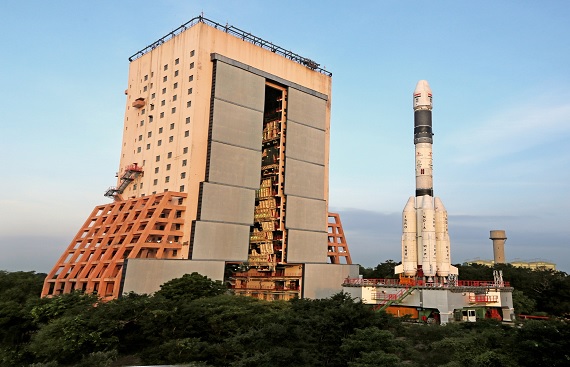The Japanese space agency and ISRO are working together on their upcoming Moon mission
By
siliconindia | Tuesday, 22 August 2023, 11:09 Hrs

ISRO and its Japanese counterpart are working together on a project that will likely be its next Moon trip. Japan Aerospace Exploration Agency (JAXA) and the Indian Space Research Organisation, which has its headquarters in Bengaluru, have joined forces to create the Lunar Polar Exploration Mission (LUPEX). The lander is being created by ISRO, while the rover is being developed by JAXA. In addition to the instruments of ISRO and JAXA, the rover will also include those of NASA and the European Space Agency (ESA). Saku Tsuneta, vice-chair of the Cabinet Committee on National Space Policy in Japan and director general of the National Astronomical Observatory of Japan, paid a visit to ISRO's headquarters here earlier this month and met with the organization's chief, Somanath S. The LUPEX mission's development was considered. "Development of a smaller lander for the LUPEX mission was discussed, among other things," an ISRO official said.
According to JAXA, the LUPEX mission is aimed at exploring the lunar polar region's suitability for establishing a base on the Moon for sustainable activities, obtaining knowledge regarding the availability of lunar water-ice resources, and demonstrating lunar and planetary surface exploration technologies such as vehicular transport and overnight survival. Ahmedabad-based Physical Research Laboratory (PRL), an autonomous unit of the Department of Space, has proposed multiple instruments in the LUPEX mission mainly to carry out measurements on the surface and subsurface near the permanently shadowed polar region of the Moon.
The objective of one of the proposed instruments Permittivity and Thermo-physical investigation for Moon's Aquatic Scout (PRATHIMA) -- is in-situ detection and quantification of water-ice mixed with lunar surface and sub-surface soil using a rover/lander platform. The aim of another proposed instrument Lunar Electrostatic Dust EXperiment (LEDEX) is to detect the presence of charged dust particles and to confirm the dust levitation process in the volatile-rich polar region, and to estimate the approximate dust size and flux of charged levitated dust particles. According to an ISRO official, the LUPEX mission is slated to be launched in the year 2025.
